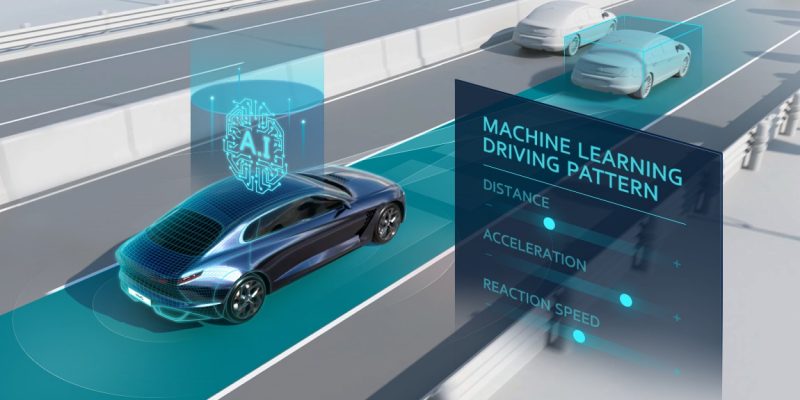Rise by Six: Your Daily Dose of Inspiration
Explore insights and stories that elevate your day.
When Robots Take the Wheel: Ready or Not?
Explore the future of driving as robots take the wheel! Are we prepared for this tech revolution? Find out now!
The Future of Autonomous Driving: How Ready Are We Really?
The future of autonomous driving holds immense promise, but how ready are we really to embrace this transformative technology? Currently, several leading automotive companies and tech giants are investing heavily in the development of self-driving vehicles. According to recent studies, the market for autonomous vehicles is expected to grow exponentially, with projections suggesting that by 2030, autonomous driving technology could become mainstream. However, the question remains: Are we prepared for a world dominated by AI-driven cars?
Despite significant advancements, there are still numerous hurdles that must be addressed before we can fully realize the vision of autonomous driving. These challenges include regulatory barriers, safety concerns, and the need for a digital infrastructure capable of supporting widespread adoption. Furthermore, public perception and trust in self-driving technology must be cultivated, as many individuals remain skeptical. Autonomous driving will require not only technological innovation but also a collaborative effort between policymakers, manufacturers, and the public to ensure a smooth transition into this new era of transportation.

Navigating the Ethical Dilemmas of Self-Driving Cars
As technology advances, the rise of self-driving cars presents a unique set of ethical dilemmas that society must confront. One of the most pressing issues is the moral decision-making faced by autonomous vehicles in emergency situations. For instance, if a self-driving car must decide between swerving to avoid an obstacle and potentially harming its passengers or staying on course and risking the lives of pedestrians, the implications of this decision raise significant ethical questions. Should algorithms prioritize the safety of the passengers, the pedestrians, or a combination of both? These questions highlight the necessity of programming ethical frameworks into the software that governs these vehicles.
Moreover, the implications of self-driving technology extend beyond individual choices to broader societal considerations. The deployment of autonomous vehicles could lead to significant changes in urban planning, insurance models, and public safety initiatives. The responsibility for accidents and malfunctions becomes blurred, leading to a complex web of accountability among manufacturers, software developers, and owners. To navigate these challenges, it is essential for stakeholders to engage in discussions about best practices and regulatory measures that promote safety while addressing the ethical dimensions of this transformative technology. As we embrace self-driving cars, a collaborative approach to their ethical implications will be critical for fostering public trust and ensuring equitable outcomes.
Will AI-Powered Vehicles Make Our Roads Safer?
As technology continues to evolve, the introduction of AI-powered vehicles promises to revolutionize road safety. These advanced systems utilize machine learning algorithms to analyze vast amounts of data in real-time, enabling them to predict and react to potential hazards on the road. By integrating features such as adaptive cruise control, lane-keeping assistance, and automatic emergency braking, AI-powered vehicles can significantly reduce the risk of accidents caused by human error. In fact, studies indicate that over 90% of traffic accidents are a result of human mistakes, highlighting the potential for AI vehicles to create a safer driving environment.
Moreover, AI-powered vehicles can communicate with each other and the surrounding infrastructure, creating a connected ecosystem that enhances situational awareness. This vehicle-to-vehicle (V2V) and vehicle-to-infrastructure (V2I) communication enables cars to share information about traffic conditions, road hazards, and nearby obstacles, ultimately leading to smarter navigation and decision-making. As cities embrace this technology, we may witness a profound decrease in traffic congestion and accidents, thereby making our roads safer for everyone. The full deployment of AI vehicles could be a key step towards achieving a future where road safety is no longer a concern.